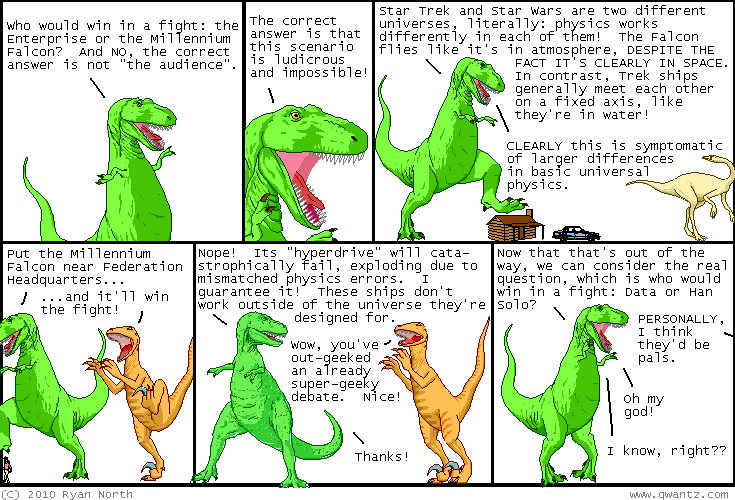
I started reading this book as part of Tim Challies' Reading Classics Together. That looks like a good idea for reading difficult stuff together, but 2 chapters a week is too slow a pace for a book I enjoy reading, as I did this one, so I finished it way ahead of schedule. Still, thanks to Tim Challies for suggesting it.
As a source on information about Spurgeon, it's pretty good. I'd heard of him, of course, but not realised quite how much God used him, and if this biography was aimed to make readers more fans of Spurgeon and wanting to read more of his work, in my case it certainly succeeded.
It was a great read, but I don't think it worked as a biography for several reasons. One was that I think by the end of the book we got to know Spurgeon as fans, but not as people who knew him did. We don't really get to know Spurgeon - he's always at arm's length. I guess that's especially true of his childhood. So when Spurgeon starts preaching at 15, or becomes pastor of a church aged 17, he seems almost a curiosity, rather than understanding where that came from or even what sense of calling he felt to it.
Dallimore comes across as a huge fan, which is ok in a biographer. But he also reads too many of today's controversies into Spurgeon's life. So, for example, chapter 19 contains this section:
This opposition to evangelical truth sprang first from the publication in 1859 of Darwin's Origin of Species. Teaching that life had originated not by divine creation but by blind chance, it directly contradicted the Scriptures and obviated the very idea of the existence of God.
Dallimore then goes on to conflate Darwin's ideas with the later German theological liberalism, and cites Spurgeon numerous times against liberalism to show that he also opposed Darwinism. Never once does he cite Spurgeon on Darwin. Now I'm not a 19th century historian, but as far as I can tell, Dallimore there is taking two different (but possibly linked) things, and saying they are the same. In doing so, he assumes lots of stuff about Biblical interpretation and theology of science, which I don't think is justified.
He's also very reticent to say that Spurgeon drank alcohol and smoked - it's almost as if he sees writing the book as a hagiography rather than a biography, and he wants Spurgeon to conform to his own culturally assumed norms of holiness. Though to be fair, he does include both, as well as mentions of Spurgeon's depression, though he always links that as a symptom of his gout.
I don't doubt that Spurgeon was a great man of God, and Dallimore gives us some great insights into how God used him, and what his priorities were. As a record of Spurgeon's life, this is good, and it's a good introduction to the man, but I wouldn't class it as a great biography.
Dallimore is more famous for his two-volume biography of George Whitefield, which I haven't read. On the basis of reading this, I'm more likely to read it, and I hope it gives us better insight into the man himself and what drove him and led him to become the man he was.

